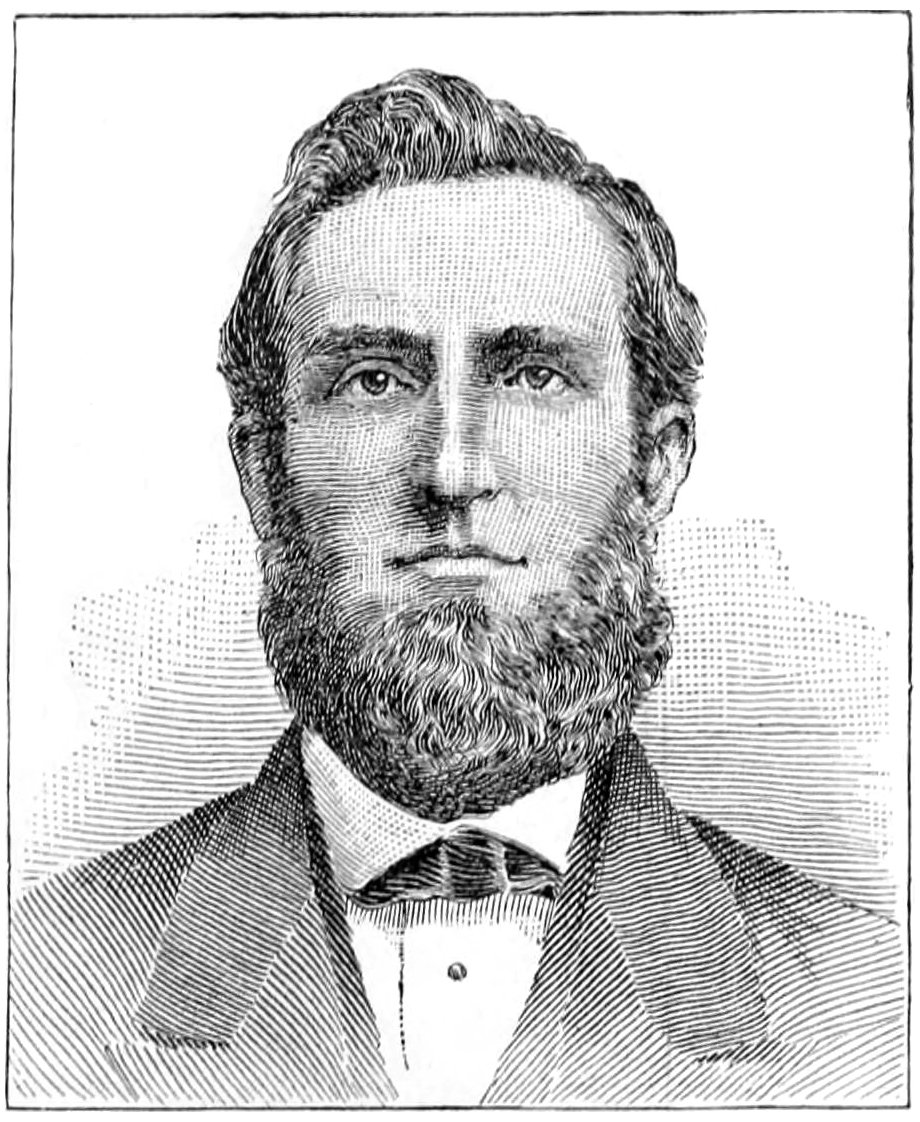James J. Andrews worked as a house painter and singing coach in Kentucky before the outbreak of the Civil War. During the war he worked as a merchant to trade goods between Union and Confederate controlled areas, as a well as working as an undercover agent providing intelligence for the Union.
In 1862, he proposed a plan to steal a train from Confederate controlled Atlanta, Georgia. He took a small band of men into Georgia to meet with a train engineer inside the Confederacy who had told Andrews that he was willing to defect. However, when Andrews arrived, the engineer had been forced out of Atlanta for work, and the raid was called off. Aside from Andrews, the other members of the original raiding party did not volunteer further.
However Andrews still supported the idea of a raid to both steal a train, and importantly destroy railways behind the train in order to disrupt Confederate supply lines. He proposed an idea to Union Major General Ormsby M. Mitchel to steal a train the was moving between Atlanta, Georgia and Chattanooga, Tennessee and destroy the tracks behind him.

The plan was approved, and Andrews recruited a group that would bear his namesake: The Andrews Raiders. He recruited the men known later as the Andrews Raiders. The band included the civilian William Hunter Campbell and 22 volunteer Union soldiers from three Ohio regiments: the 2nd, 21st, and 33rd Ohio Infantry.
The men traveled in small groups and wore civilian clothes to travel into Georgia, with a pre-planned meeting on April 10th in Marietta, George. All but two of the men made it to the rendezvous point on time.The group prepared to steal a train as it stopped to refuel at Big Shanty, a location just north of Atlanta. On April 12th the Andrews raiders boarded a stopped passenger train at Big Shanty, quickly disconnected the passenger cars from the locomotive engine, and began steaming north on the track.
The crew of the stolen train, lead by the conductor William Allen Fuller, pursued but had no way to keep up with the train and it pulled away from them. Andrews cut the telegraph line along the track, which isolated the small track side stations that he would encounter from communication with the south, and they would receive no word about the stolen train. When he arrived at the stations he would claim his train was transporting a special supply of ammunition needed by the Confederate military, on the orders of Confederate General Beauregard. The lies worked, but Andrews eventually still ended up stopped in Kingston as southbound moving trains evacuating from Chattanooga were being priority on the Confederate railway.
During this time the Fuller had continued to pursue in a handcar, and then another train which he had commandeered.
As the evacuating southbound trains finally cleared out, Andrews pulled his train past Kingston,damaged a section of track behind him, and continued north. Fuller arrived at the damaged section of track, abandoned his commandeered train and pursued on foot until he reached another Confederate train which he commandeered and continued to chase Andrews with. Fuller's second train made close pursuit of Andrews, and while Andrews attempted to further damage telegraph lines, Fuller was able to Chattanooga, warning of the stolen train. The chase continued until Andrews' train rain out of fuel just 18 miles from the city. The raiders abandoned the train and scattered, but within two weeks all had be caught by Confederate forces.
The Confederacy tried and convicted Andrews and seven other raiders as spies, and executed them by hanging in Atlanta. The remaining raiders attempted an escape. Eight were able to evade Confederate forces and return to Union lines, six were recaptured and held as prisoners until the following year when they would be returned back to the Union in a POW exchange.
The soldiers who had participated were the first to receive the US Medal Of Honor, a recently created award. As a civilian Andrews was ineligible and did not post-posthumously receive the award.
In 1954 a plaque in Atlanta was erected in his honor.

